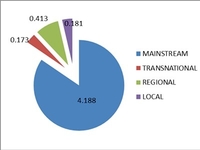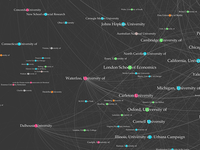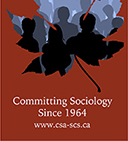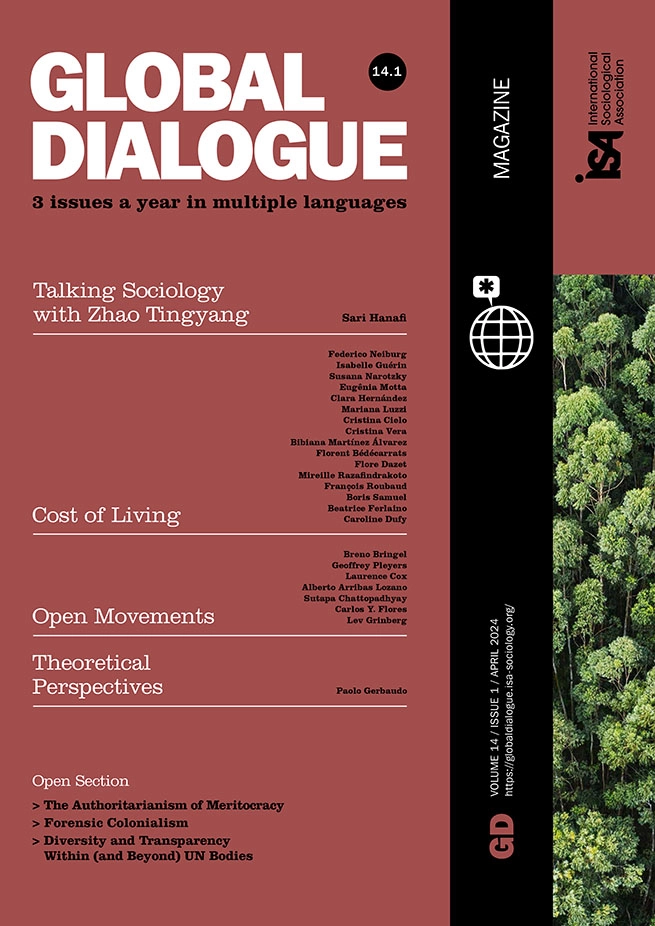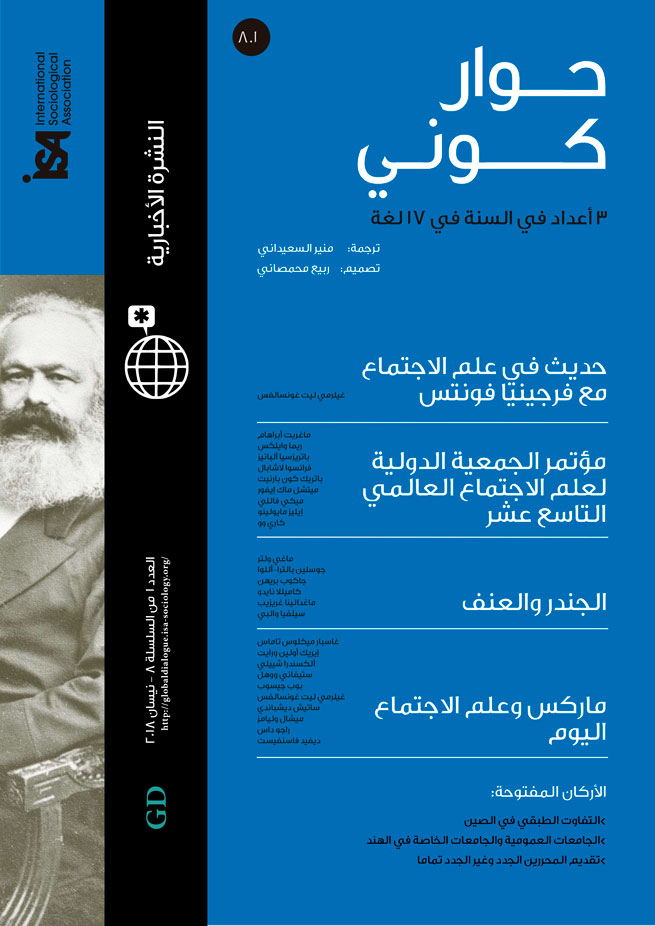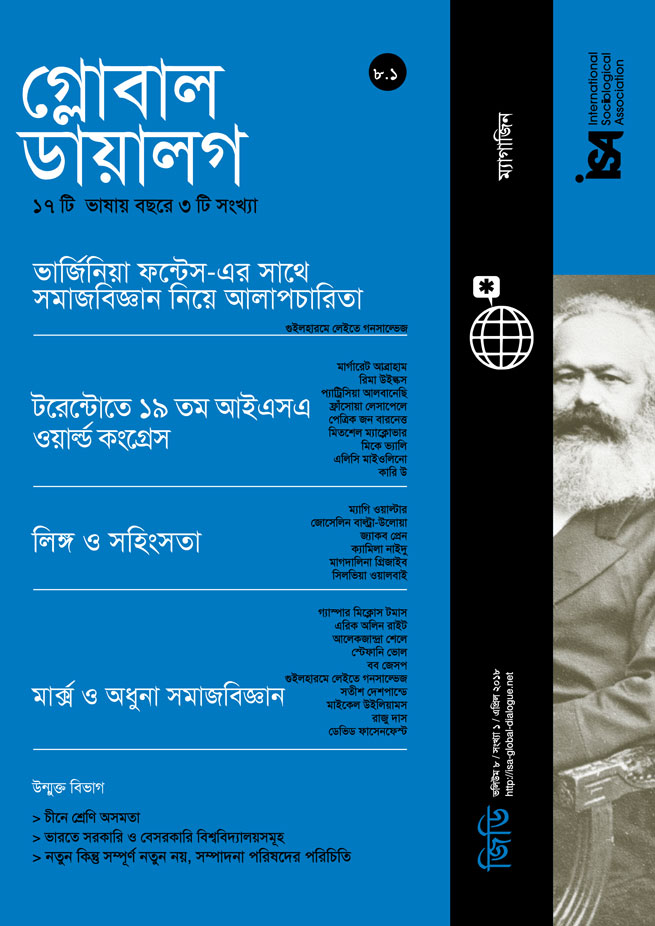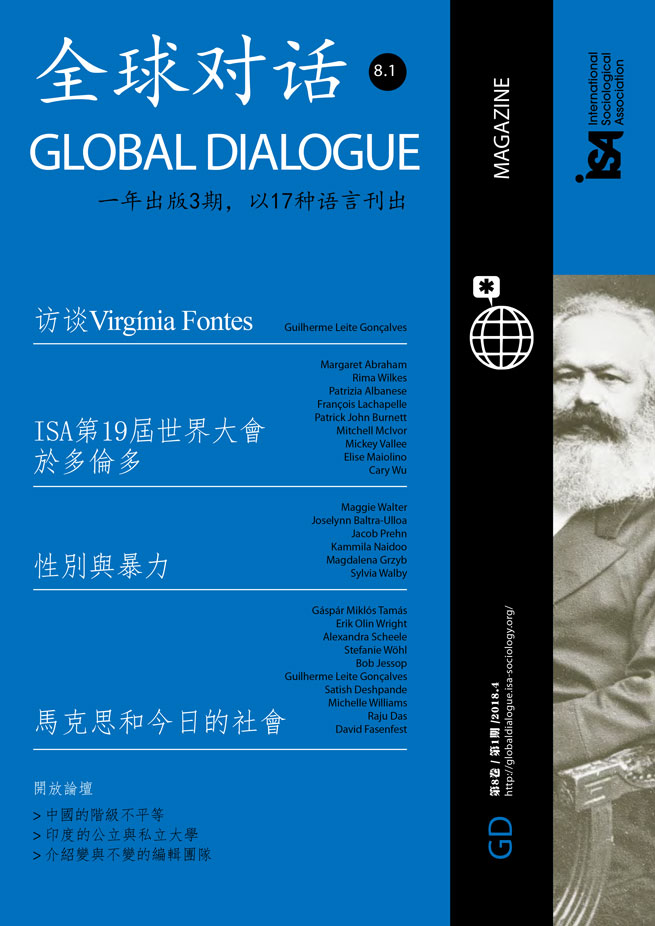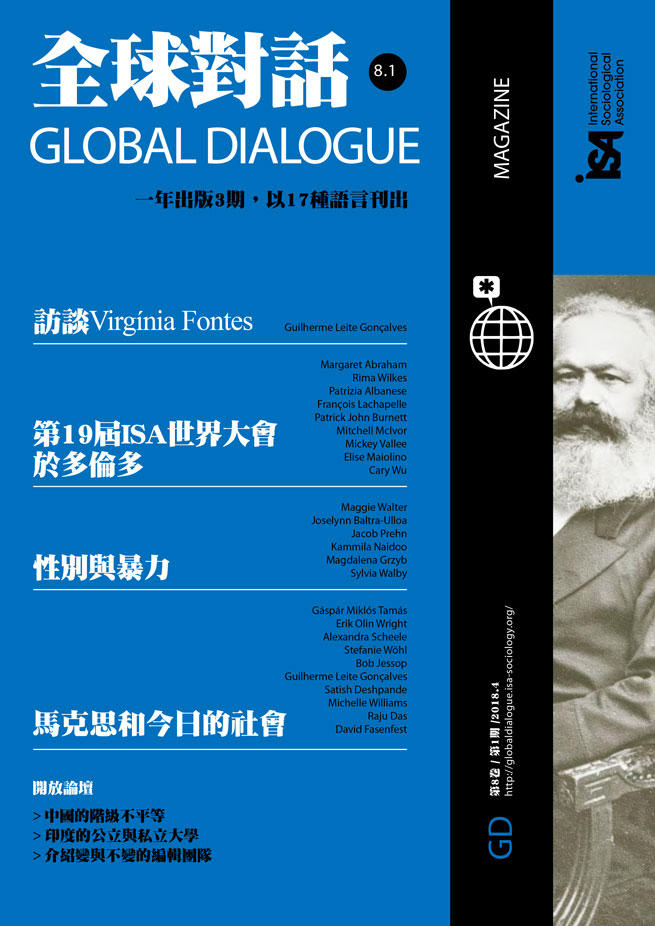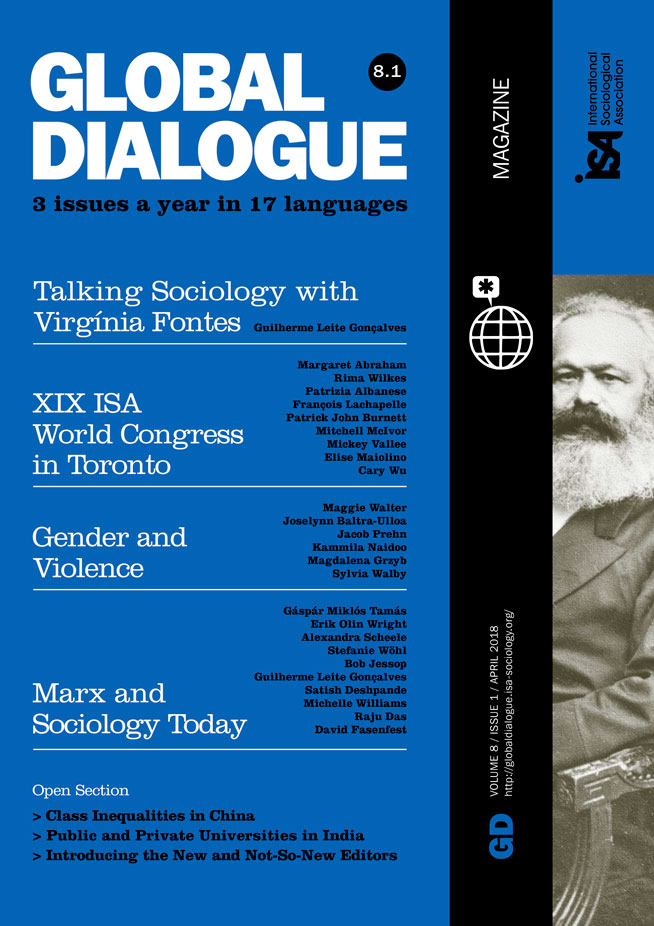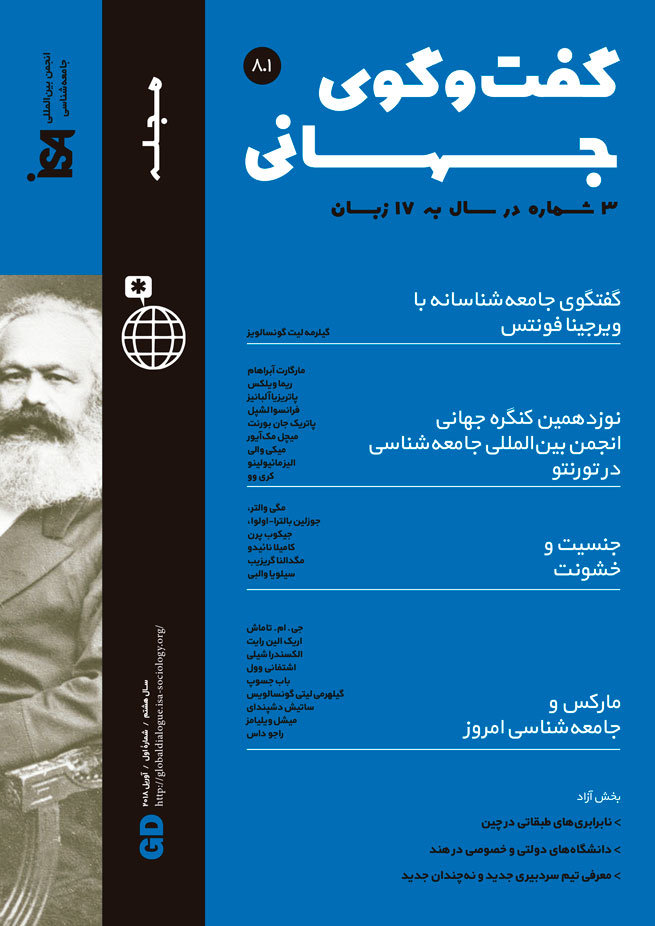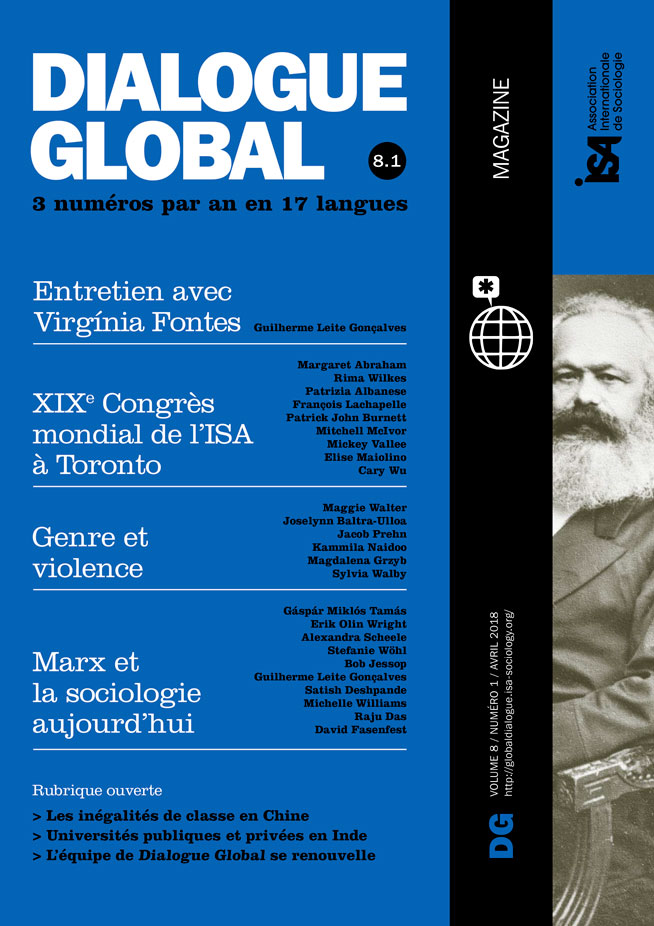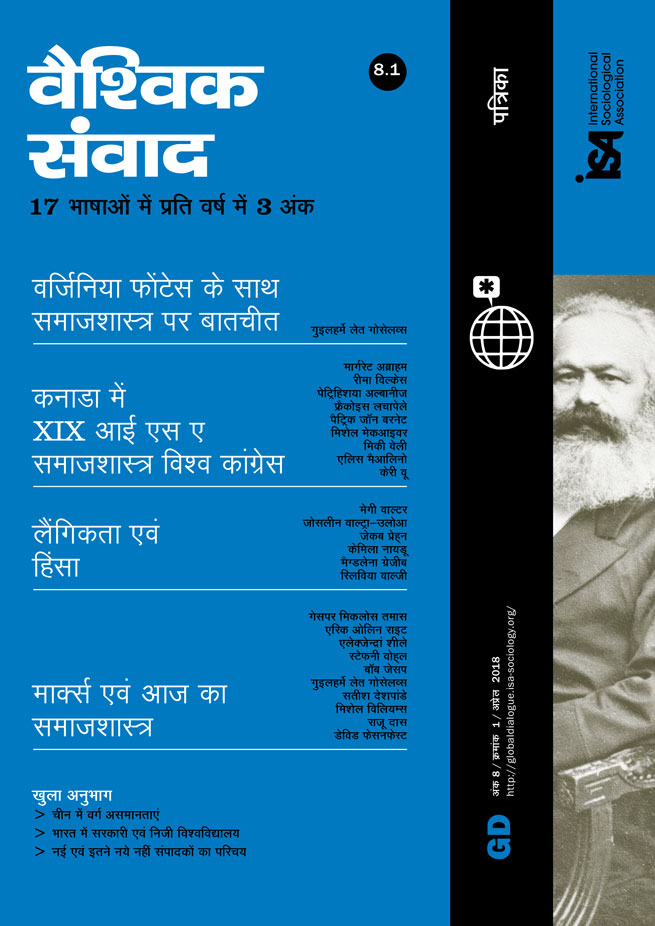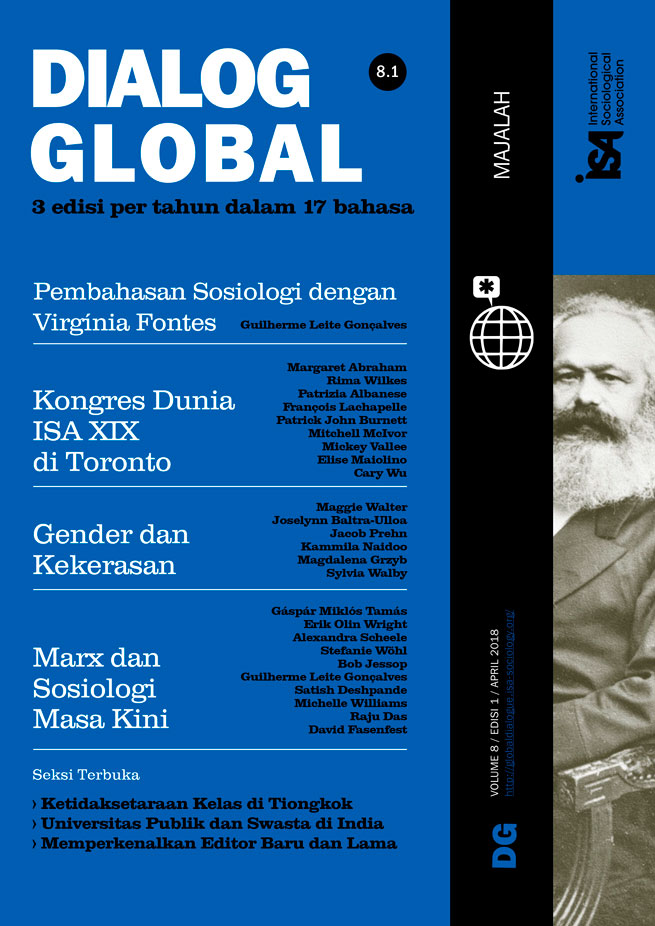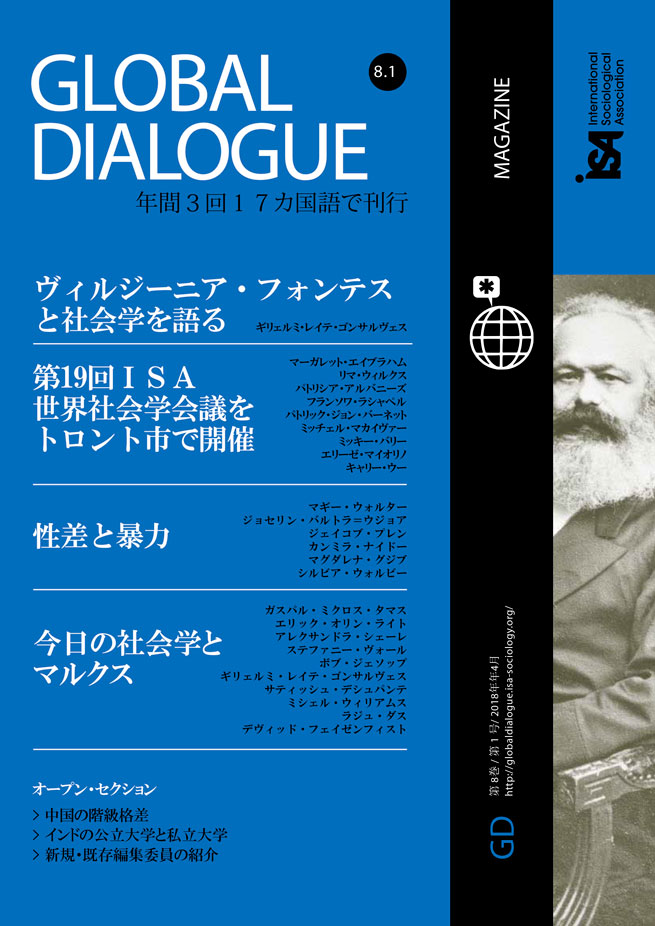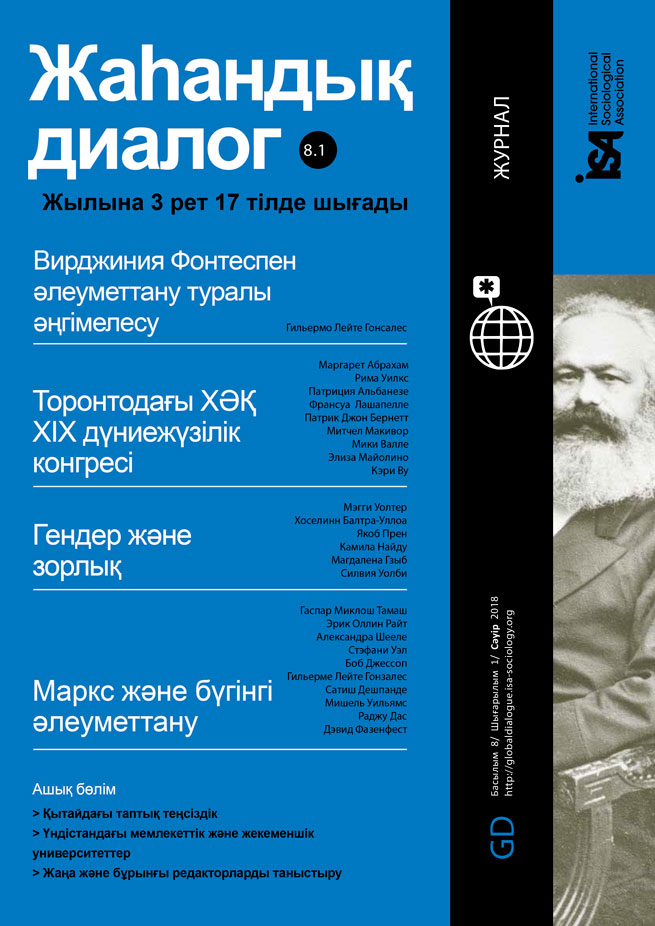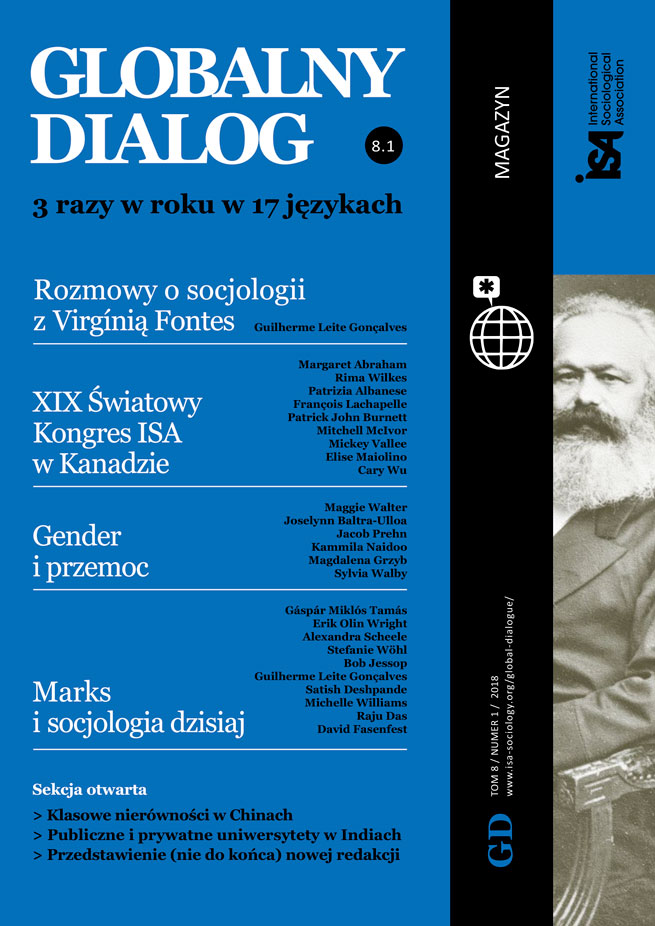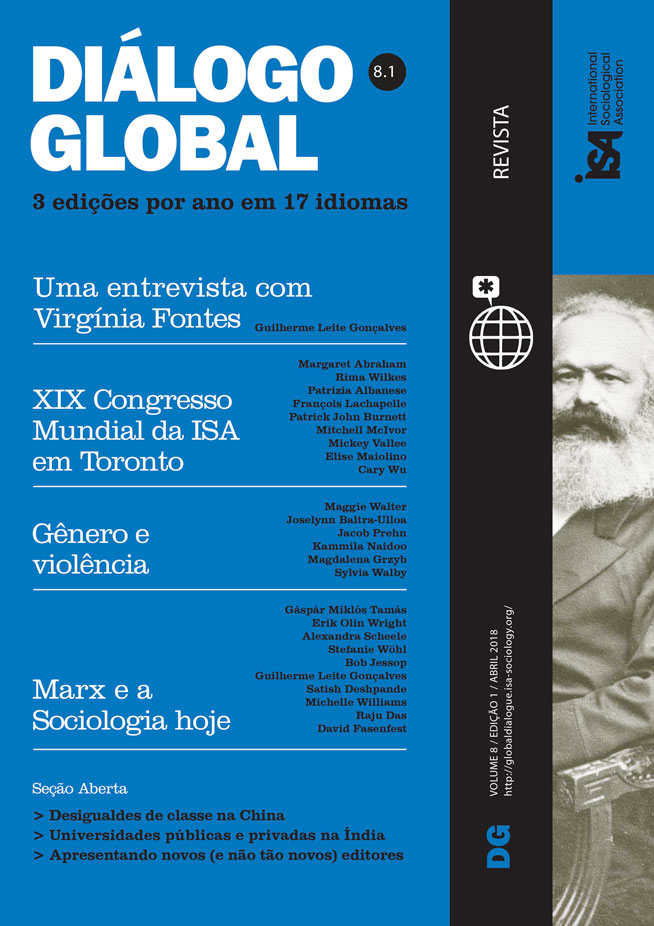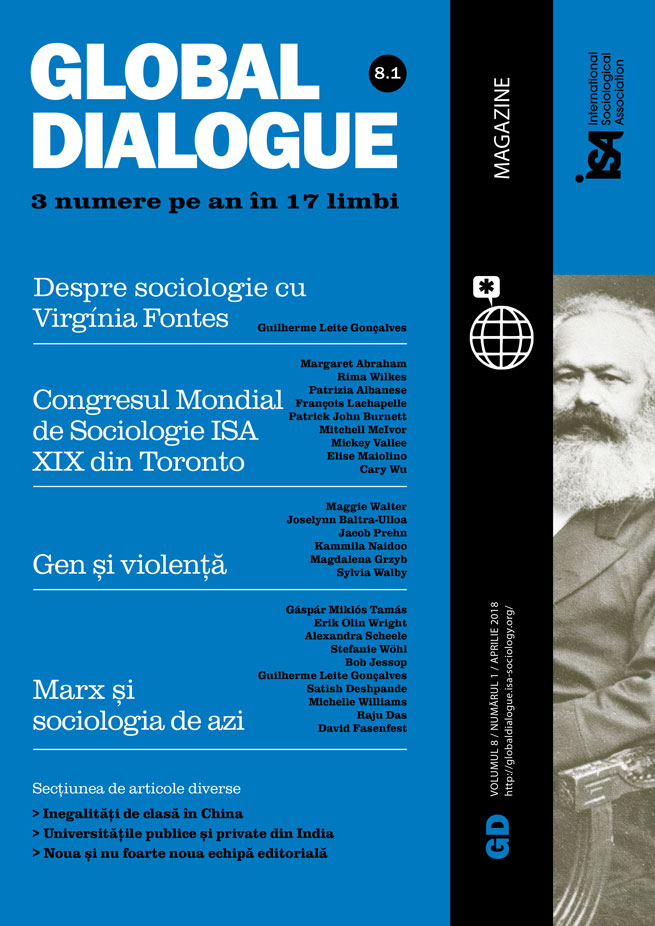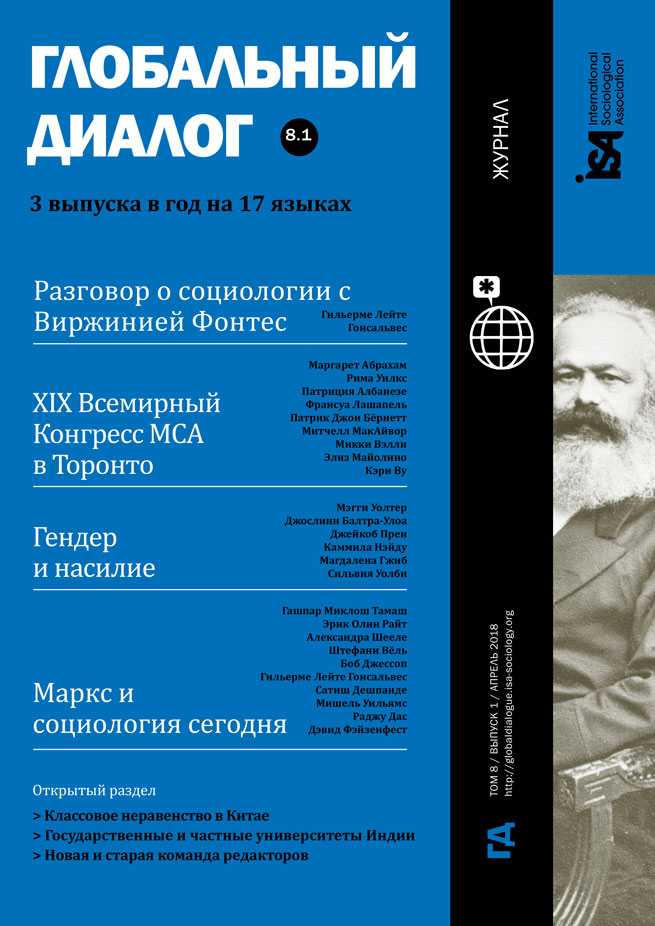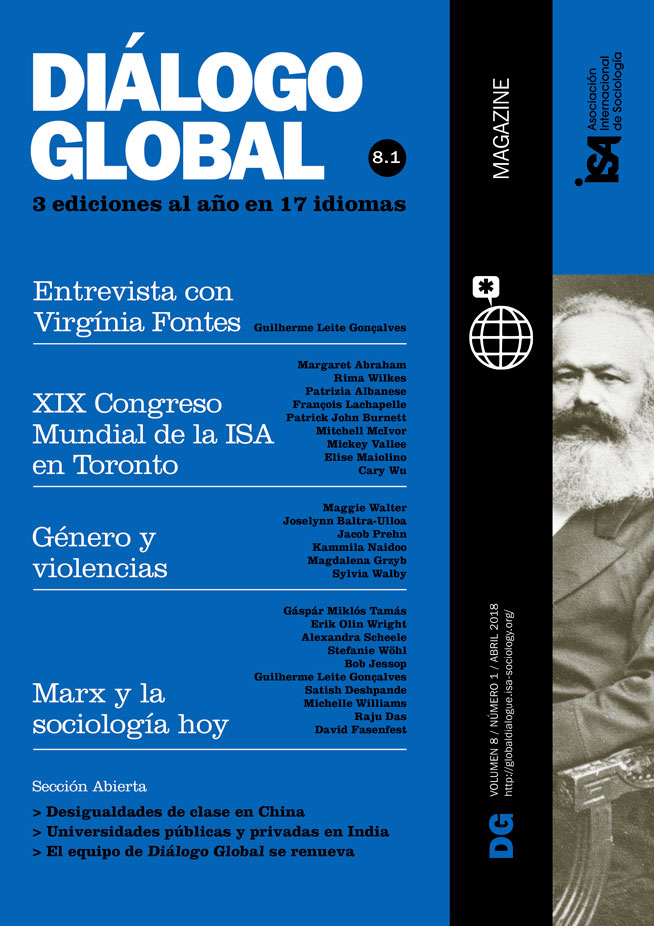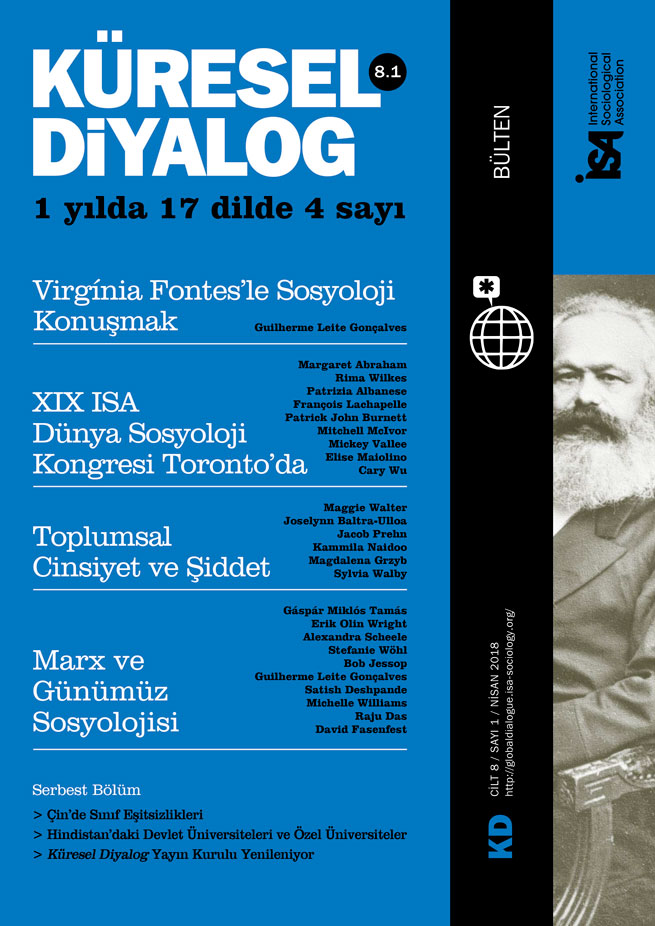On July 1, 2017, Canada celebrated its sesquicentennial. For the entire year, Canadians were encouraged to make merry of the fact that they were Canadian and living in what by many measures – GDP, literacy rates, women’s labor force participation, proportion of the population pursuing post-secondary education, etc. – has been identified as one of the best countries in the world in which to live. While there is much to celebrate, however, there is even more to criticize.
Canada’s paradox
There is no denying the impressiveness of our aggregate measures and global standing; unless of course, you are a recent immigrant to Canada, someone living with a disability, Indigenous, a single mother raising children, a member of a racialized group, someone living in Canada’s north, or a head of a household trying to juggle multiple part-time jobs to make ends meet and feed your family. If so, discrimination, precariousness, poverty, and resilience are more likely to characterize your life.
Taken together, the five pieces featured in this issue of Global Dialogue from some of Canadian sociology’s rising scholars, paint Canada as a paradox. For example, Wu notes that Canada is a place of “high trust” of others, yet McIvor reminds us of significant inequalities and high student debt loads. It is a place where, as Maiolino shows, we vote into office a young and nominally progressive Justin Trudeau, but see a minority woman mayoral candidate – Olivia Chow, in one of Canada’s most racially diverse cities, Toronto – continue to be forced to negotiate and mobilize identity in ways that are different from her white male opponents. We perennially attempt to distinguish ourselves from the US, but as Lachapelle and Burnett note, we study and work in universities that remain places where US scientific capital reigns. Vallee’s work vividly reminds us of Canada’s natural beauty, but also of its endangered species and strained environment.
Canada has strengths, but the lives of many of its inhabitants are intricately ensnared in a web of inequities. While not without its faults, Canadian sociology has often attempted to call out these inequities. This did not go unnoticed by the former (conservative) Prime Minister of Canada, Stephen Harper.
Committing Sociology in Canada and Beyond
In 2013, in response to questions about a foiled terrorist attack on a commuter train, then Canadian Prime Minister, Stephen Harper, declared that it was not the time to “commit sociology.” Similarly, in the fall of 2017, US Chief Justice John Roberts was said to be feuding with the entire discipline of sociology when he dismissed an argument by calling it “sociological gobbledygook.” Such hits are not surprising given that we sociologists often challenge authority when we tackle issues of power, violence and (in)justice through our research, teaching, and social action. So, in response to Harper’s “now’s not the time to commit sociology,” we respectfully beg to differ! Given the tumultuous socio-political climate and environmental uncertainties that plague the planet, now is precisely the time. The International Sociological Association (ISA) and the Canadian Sociological Association (CSA) believe that we are well positioned to do so on a global scale, as we welcome you and thousands of other delegates to the XIX ISA World Congress of Sociology, in Toronto in July 2018.
The XIX ISA World Congress of Sociology, with its theme “Power, Violence and Justice: Reflections, Responses and Responsibilities,” selected by the ISA’s inspirational and incredibly hardworking president, Dr. Margaret Abraham, offers sociologists from around the world a venue to propose action and seek change in these particularly turbulent times. This event and its timely theme provide an opportunity to network and exchange research, theories, policy recommendations, and social action with activists and scholars from around the world.
Canadian sociology at the XIX ISA World Congress
The XIX ISA World Congress also offers Canadian sociologists the unique opportunity to co-host and showcase Canadian scholarship and collaborations. In addition to the hundreds of Canadian sociologists who will actively participate in the World Congress, the ISA has provided the CSA with four prominent time slots on the World Congress program for Canadian Thematic Sessions. These sessions are the result of a Canada-wide call for proposals and a competitive review process. They were selected on the basis of their timeliness and relevance, their speakers’ pan-Canadian reach, and their social and historical value. They feature the work of over twenty prominent and emerging Canadian scholars who we believe will give ISA World Congress delegates a “taste” of Canadian sociology. Please join us at one or more of the following Canadian Thematic Sessions:
- What can sociology teach us about resettlement of refugee children and youth?
- How the state shapes social movements
- Canadian sociology in uncertain times: Reflecting on the past/ confronting the future
- Missing and murdered Indigenous women in Canada: What can sociology bring to the table?
The pan-Canadian Local Organizing Committee – made up of Sherry Fox, CSA Administrator; Dr. Jim Conley, Trent University; Dr. Evie Tastsoglou, Saint Mary’s University; Margaret Bancerz, PhD candidate, Ryerson University; Dr. Mark Stoddart, Memorial University; Dr. Simon Langlois, Université Laval; Dr. Susan McDaniel, University of Lethbridge; Dr. Rima Wilkes, University of British Columbia; and Dr. Myrna Dawson, University of Guelph – believed it was important to highlight the power, violence, and injustice that is manifested in the struggles and collective mobilizing of Indigenous peoples in our country. We worked to capture this powerful theme through the World Congress logo, sketched by Indigenous Canadian artist Lydia Prince. The World Congress provides an important platform to highlight the work of Canadian scholars and activists who are charting a path towards reconciliation and a better future.
The XIX ISA World Congress is an opportunity to come together to share ideas and responses to disempowerment, violence, and injustice that have empowered communities, reduced violence, and promoted justice. It is a time to debate, brainstorm, network, and plan the next steps towards building more just societies. It is a time to celebrate who we are and what we do as sociologists. Join us! We eagerly await your arrival in Toronto in July.
Patrizia Albanese, Ryerson University, Canada and Chair of the Local Organizing Committee of the XIX ISA World Congress of Sociology <palbanes@soc.ryerson.ca>
